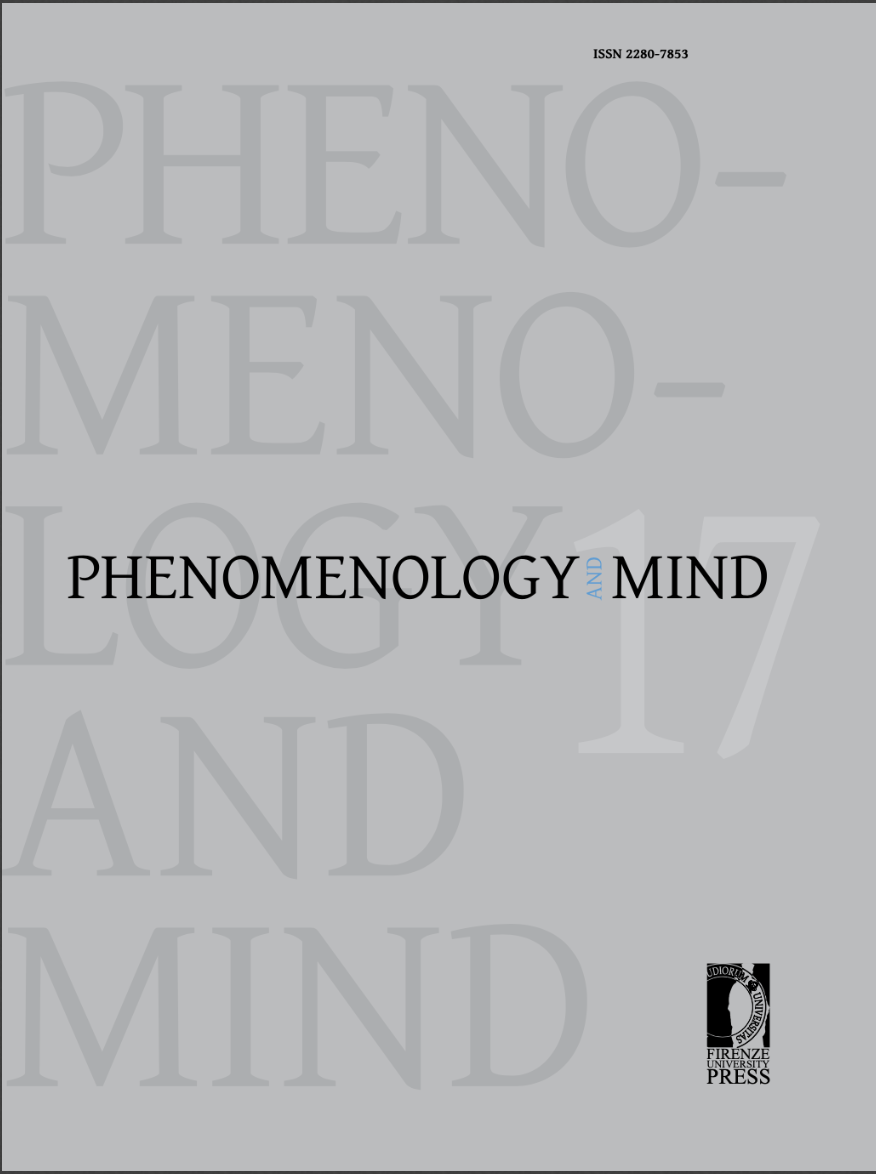Abstract
There are many ways in which a subject can think about an object. One of these occurs when the subject can perceive the object: perceiving an object makes it possible to think about it in a very direct and straightforward way. This is so because perception of the object makes a subject aware of the object itself. But what is it to be (perceptually) aware of something? Moreover, how does such an awareness have to be accounted for? According to a very influential proposal leading back to Gareth Evans (1982), the kind of awareness that can home a subject’s thought on an object has to be cashed out in terms of singular object-dependent modes of presentation understood as ways of having discriminating (albeit non-descriptive) knowledge of the object. Contra Evans I shall claim that modes of presentation thus characterized do not account for perceptual awareness, but rather presuppose it.

